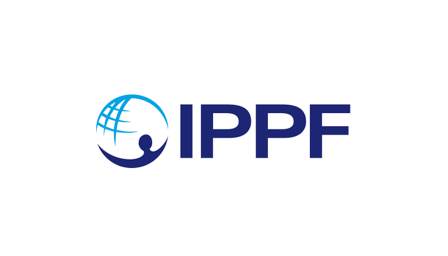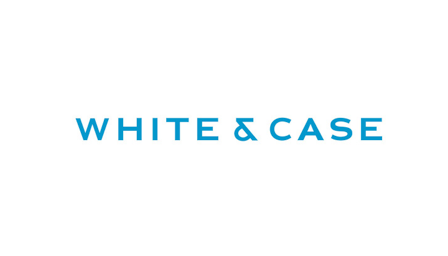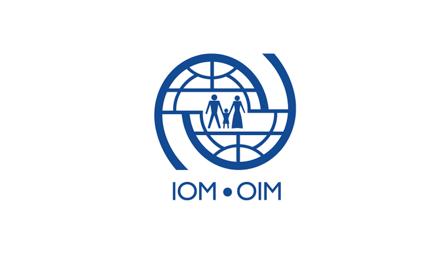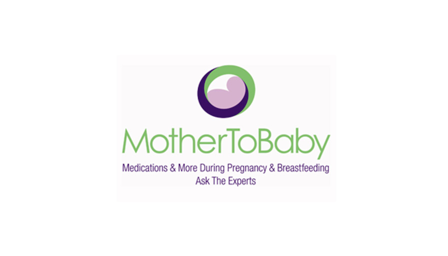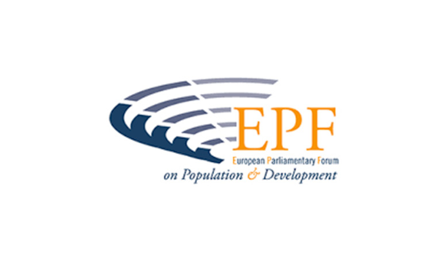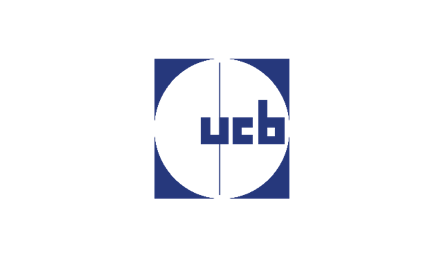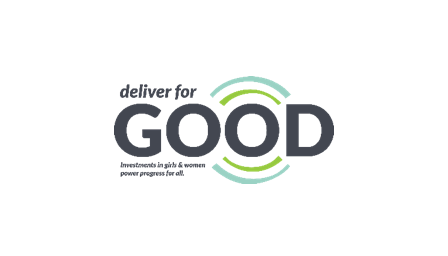
2017 represented an exciting and important milestone, as we started to be recognised more widely for our work and impact
Alliance Matrix for Measuring Healthcare Systems Performance for Maternal Health endorsed by President of Malta and EU Commissioner
The Alliance for Maternal Health Equality reached an important milestone in 2017 at the Women in Parliaments Global Forum (WIP) Meeting in Malta on Maternal Health and Refugee Women.
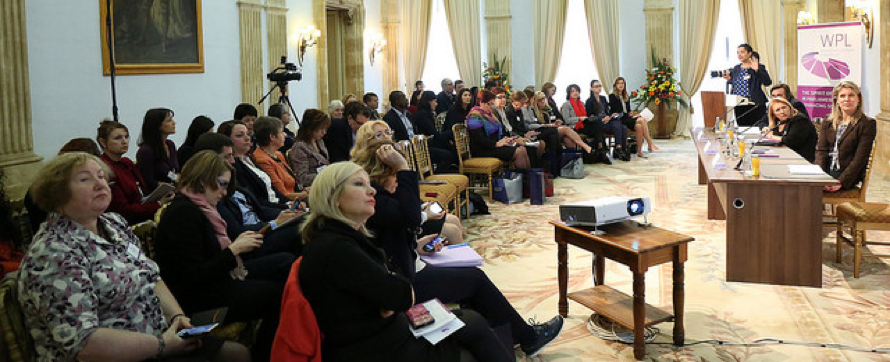
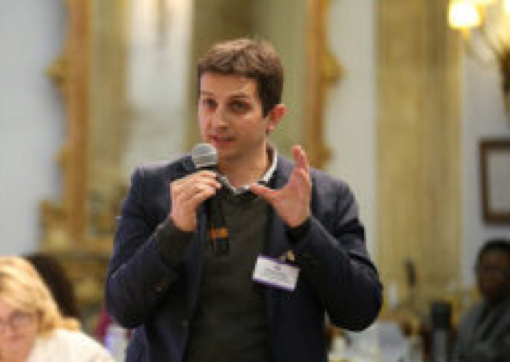
Continuing the work we did at the Women Deliver meeting in 2016, and then again within the context of the European Health Gastein Forum, the Alliance presented its Matrix for maternal health assessment and its 5 dimensions: person-centric approach; timeliness and accessibility, equitability; resilience and efficiency; safety, quality and standards. The Matrix’s five dimensions and indicators were firmly endorsed by Vytenis Andriukaitis, EU Commissioner for Health and Food Safety, and also the President of Malta H.E. Marie-Louise Coleiro Preca.
Importantly, this endorsement represents a firm acknowledgment of the need for a structured approach to tackling the problem of maternal health equality and helping move policy forward, and was a major opportunity to highlight our work with policy makers.
Safe Motherhood Week 2017
Safe Motherhood Week is an annual event supported by year-long activities and ongoing communications.
The third edition of Safe Motherhood Week (October 2-8) brought together new partners and supporters of the programme and marked the launch of the global #MakeMotherhoodCount initiative.
This year, we furthermore succeeded in:
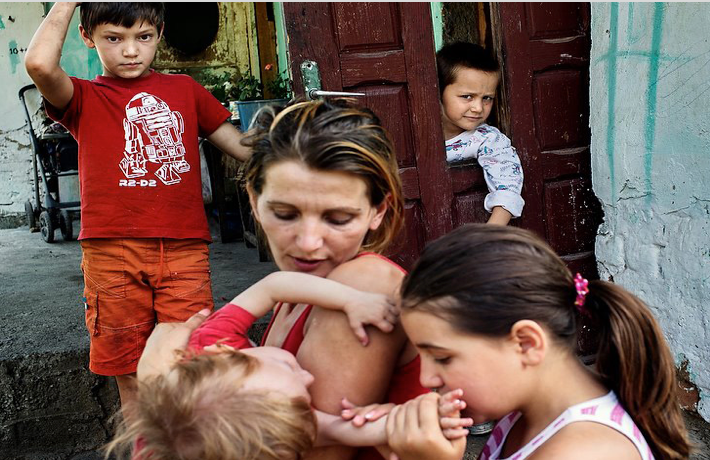
- A resource library. Adding various resources (reports, publications, videos etc) to enrich a personal or organisation’s profile is now possible.
- Consolidating our online presence
- Launching the Safe Motherhood Week Instagram account
- Conducting a new series of interviews with high-level maternal care ambassadors and luminaries:
- Dr Flavia Bustreo (Assistant Director-General for Family, Women’s and Children’s Health (WHO): “Maternal mortality is a key indicator of a health system’s strength”
- Dr Julie Gerberding (infectious disease expert and the former director of the U.S. Centers for Disease Control and Prevention (CDC) and administrator of the Agency for Toxic Substances and Disease Registry (ATSDR)): “People don’t know that mothers die giving birth in Ireland or other Western European countries”
- SocialGoodMoms (a network of +3000 mother bloggers who currently span twenty countries) “Europe is tackling its own maternal health issues. Here’s why. #MakeMotherhoodCount”
- Launching the “#OneThinga” campaign around improving universal access to maternal health on International Women’s Day, receiving fantastic support from international platforms such as TEDxWomen and Microsoft Global Health
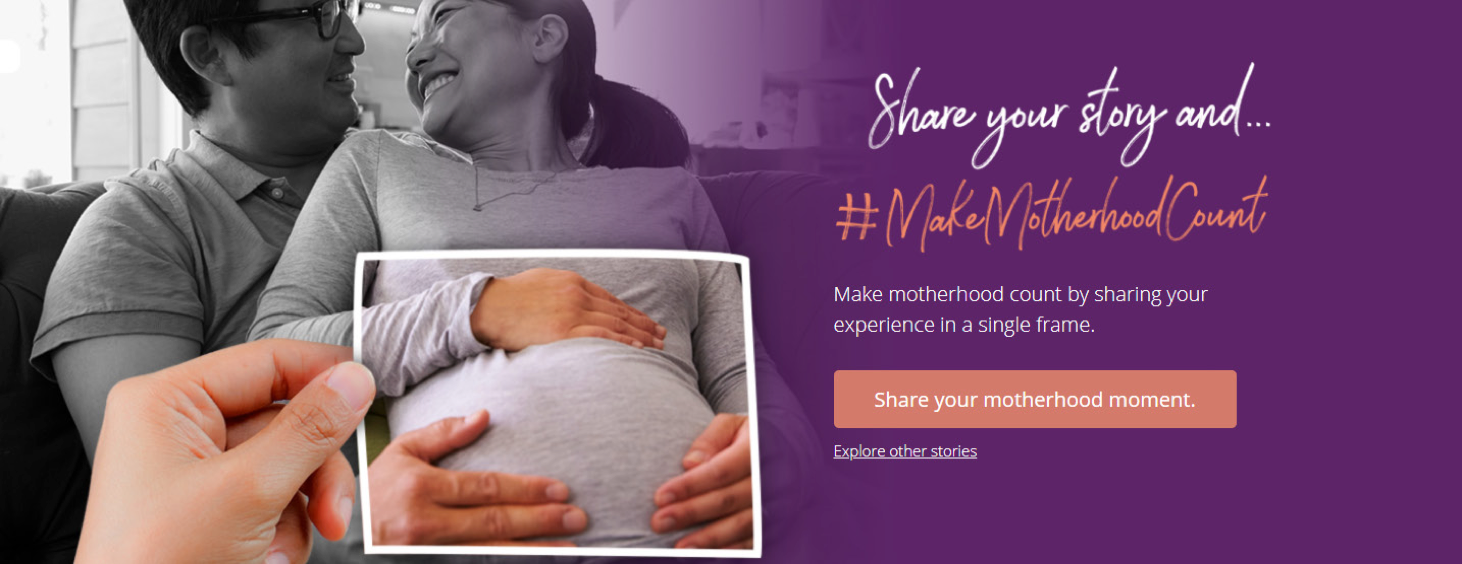
European Maternal Health Policy Landscape Analysis
Maternal health goes beyond health itself. When focusing on the issue we must avoid thinking in silos and take a holistic view, considering the broader picture (education, vulnerable groups, chronic conditions, quality of life, social determinants).

There are regulations, declarations, rights, laws, strategies and a myriad of scientific evidence on this topic. But what is lacking is a systematic approach and translating discussions and policy drafts into action.
Over the past year, together with our partners and members of the Alliance for Maternal Health Equality, we have increasingly identified the need for an integrated EU-National policy approach in all our activities. With this in mind, during 2017 we worked to identify the gaps in policy across countries, by conducting a first maternal health landscape analysis from a policy perspective, to enable us to build a programme that responds to concrete needs of maternal health systems in Europe.
Our pro bono partner White & Case successfully delivered the first part of the analysis which focuses on the rights of women to receive maternal (pre-pregnancy, prenatal, and postnatal) healthcare within the European Union and the corresponding requirements imposed on EU Member States to provide maternal healthcare, resulting from EU law and the European Convention on Human Rights (“ECHR”). White & Case is a global law firm and a signatory to the UN Global Compact, the world’s largest voluntary corporate sustainability initiative.
The Phase I analysis will be used to measure the extent to which Member States comply with their EU and ECHR law Matrix pillar obligations, and will provide a framework to analyse the extent to which the Matrix pillars are provided for under the law of these Member States.
Together, Phases I (EU & ECHR Legal Analysis) and II (Specific Country Legal Analysis) will provide the legal landscape in respect of maternal health in the Member States selected. The research conducted will provide data for the social science and policy analysis that will be performed in Phase III of the project (Best Practices for wider replication).
First steps towards a robust policy roadmap and strategy at the maternal rights and health policy roundtable
As part of the Alliance for Maternal Health Equality's contribution to Safe Motherhood Awareness Week 2017, the Alliance members and select guests came together in Brussels, Belgium to present, exchange on and unite our respective activities and learnings towards co-creating a shared policy roadmap for the Alliance.
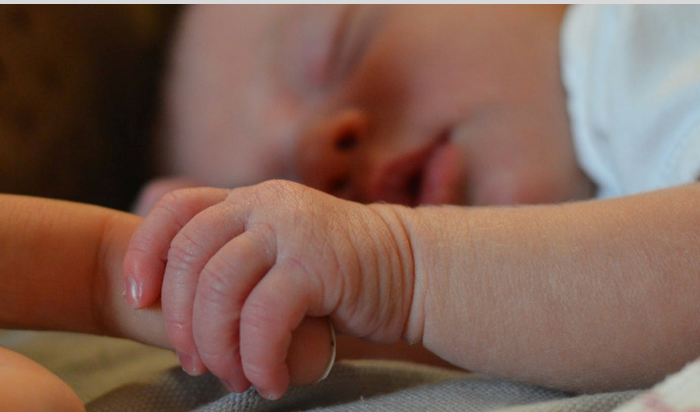
Alliance members EPF (European Parliamentary Forum on Population & Development), UNFPA (United Nations Population Fund) and IOM (International Organisation for Migration) were joined around the table by Doctors of the World, White & Case and Hill & Knowlton. Fatema Das, from Maastricht University and representing MSD for Mothers, presented highlights from her thesis, Barriers, Policy Implications, and Quantification of Access to Antenatal care for Vulnerable Women in Europe.
This was followed by a presentation of research findings for the first phase of a European Maternal Health Policy Landscape analysis (EU & ECHR Legal Analysis) by Irina Trichkovska and Pierre Pecheux of White & Case, who presented their study of existing legal entitlements and rights for women in Europe around maternal health, and several different possible policy approaches that the Alliance could pursue. Finally, Thomas Tindemans, Chairman of Hill+Knowlton shared some first reflections on how to turn advocacy into policy impact. As a conclusion to this meeting, Members agreed to find a common ground and crystallize this into a policy ask with 2-3 priorities that we seek. Once priorities have been redefined by the Alliance, White & Case will determine the appropriate next step for their study, and Hill+Knowlton will participate in defining how we can turn the policy ask into reality and where we can make the biggest impact.
Strategic approach for 2018
Motherhood Collective Impact - Leading co-impact for better systems to solve maternal health issues
Motherhood Collective Impact - Leading co-impact for better systems to solve maternal health issues
In 2017 we brought all our motherhood activities under one strategic programme called Motherhood Collective Impact (MCI). MCI is a not-for-profit partnership that aims to address the most challenging issues in maternal health by taking a novel, co-impact and systems-based approach. The Motherhood Collective Impact programme aims to accelerate co-impact in maternal health by bringing all actors together within an interconnected ecosystem, facilitating collaboration, creating and matching solutions with resources to bring these solutions to life more quickly.
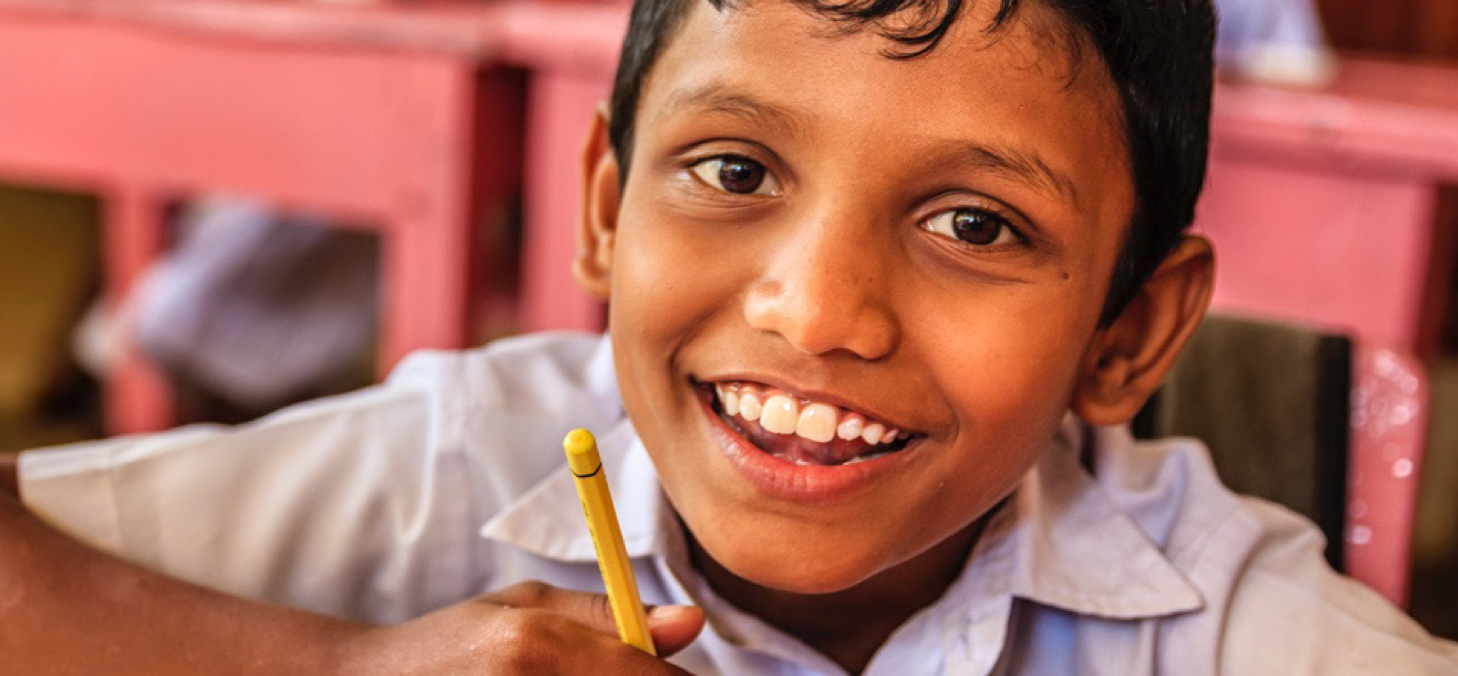
In 2018 we will continue to achieve our mission through six priority areas:
- Reinforce a robust and agile leadership structure
- Visualize and grow the maternal health “ecosystem” of stakeholders and initiatives to facilitate diverse collaboration across organization types, topics and geographies
- Promote culture change and increase demand for better maternal care through advocacy and awareness campaigns
- Make policy impact
- Generate compelling real world evidence that maternal care is still an unfinished agenda
- eliver real solutions for women
The Break Dengue Team
Board members and The Synergist team
The Motherhood Collective Impact Board consists of:
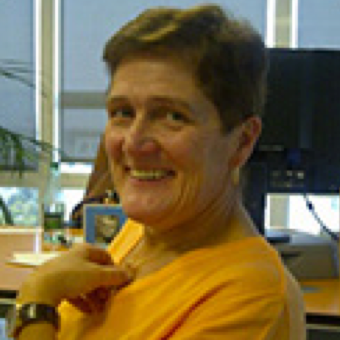
Bernadette Hendrickx
Senior Scientific Adviser
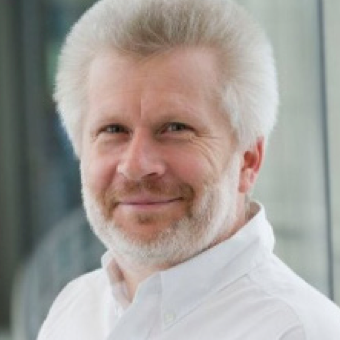
BLode Dewulf
Senior Adviser
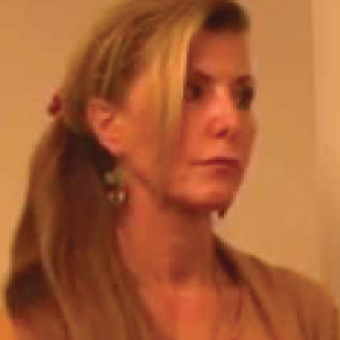
Roumyana Petrova -Benedict
IOM Senior Regional Migration Health Manager For Europe And Central Asia
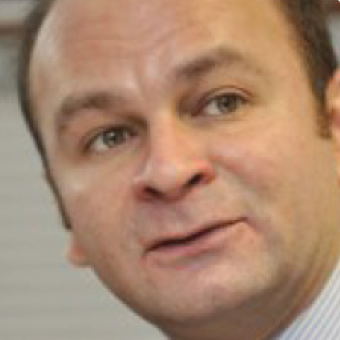
Neil Datta
Executive Director At EPF
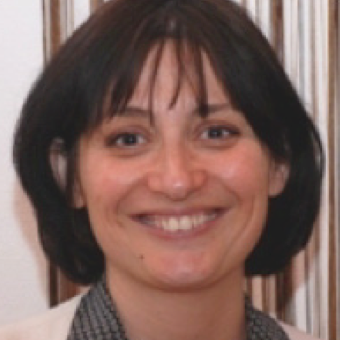
Irene Donadio
Advocacy Officer At IPPF
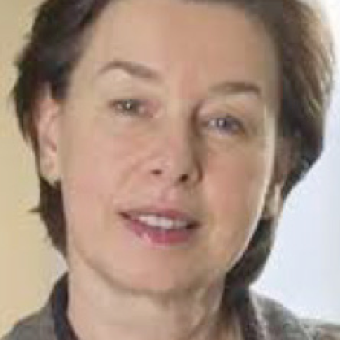
Dr France Donnay
Consultant, Women's Health, Bill & Melinda Gates Foundation
The Motherhood Collective Impact Team consists of:
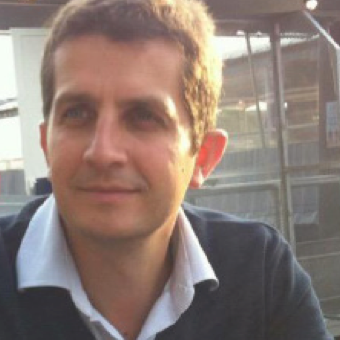
Nicholas Brooke
Executive Director
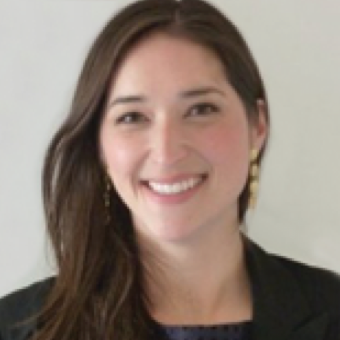
Helena Harnik
Operational Director

Diana Zaharia
Communications Manager

Danielle Barron
Chief Editor, Motherhood Projects

